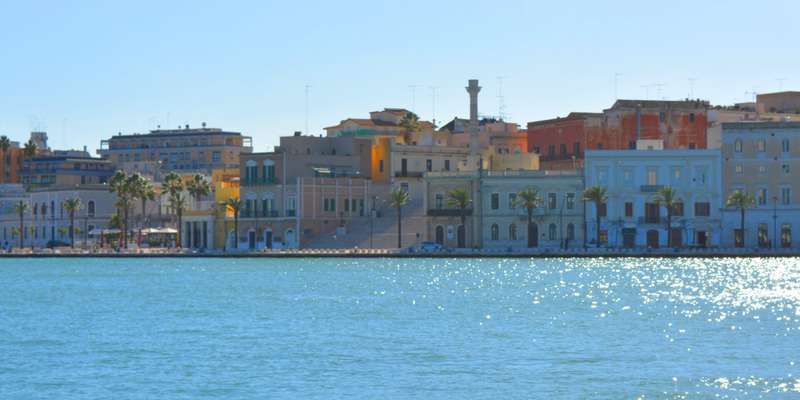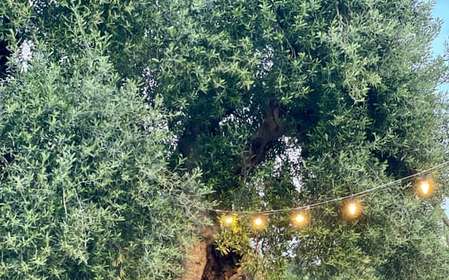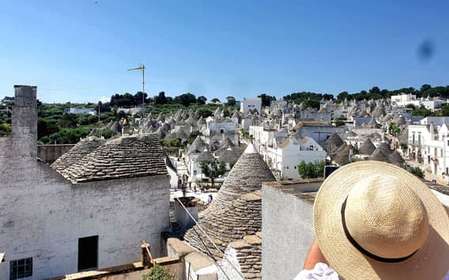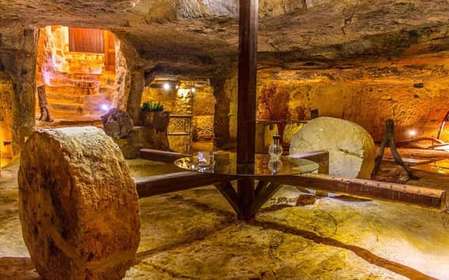- Home
- Useful Tips
- Travel tips for eco-conscious...
Planning an eco-conscious vacation in Brindisi presents unique challenges for environmentally aware travelers. Recent surveys show 68% of visitors want to reduce their travel footprint but struggle to identify truly sustainable options amidst greenwashing claims. The anxiety of accidentally supporting harmful practices – from over-tourism damaging fragile coastal ecosystems to unknowingly staying at energy-intensive hotels – can overshadow trip anticipation. Brindisi's emerging sustainable scene remains poorly documented, leaving travelers sifting through conflicting information. This disconnect between intention and action creates frustration for those seeking authentic Puglian experiences that align with their environmental values, particularly when balancing sustainability with cultural immersion in this historic port city.


Finding authentic eco-accommodations beyond the greenwashed labels
Identifying genuinely sustainable lodging in Brindisi requires looking past superficial 'eco-friendly' claims. True green accommodations here typically feature solar-powered heating, rainwater harvesting systems, and locally sourced building materials. Several family-run masserie (fortified farmhouses) in the outskirts have preserved ancient water conservation techniques while offering modern comforts. For urban stays, seek hotels with Legambiente Turismo certification – a rigorous Italian environmental standard checking everything from waste management to energy efficiency. The historic center surprisingly hosts several restored palazzi using traditional passive cooling methods that drastically reduce AC needs. Remember that authentic eco-stays often don't advertise extensively; local tourism offices maintain updated lists of verified sustainable properties that rarely appear on global booking platforms.
Navigating Brindisi sustainably – transportation dilemmas solved
Brindisi's compact historic center reveals its beauty best when explored on foot or by bicycle, with several shops renting refurbished bikes at minimal environmental cost. For longer distances, the overlooked regional train network connects coastal gems like Ostuni without the carbon footprint of rental cars. When ferrying to Greek islands, opt for slower overnight routes on modern vessels with scrubber systems – their reduced speed cuts emissions by 30% compared to hydrofoils. Local activists have mapped out 'green walking corridors' between major sites using shaded alleys that naturally regulate temperature. Surprisingly, Brindisi's car-sharing program offers electric vehicles charged at solar-powered stations, a well-kept secret even many locals don't utilize fully.
Dining with conscience – Brindisi's farm-to-table underground
The true sustainable dining scene in Brindisi operates through unmarked trattorias sourcing from hyper-local producers. Look for menus changing daily based on fishermen's catches and seasonal harvests – a practice reducing food miles that's deeply embedded in Puglian culture but rarely marketed as 'eco'. Several vineyards near Mesagne practice regenerative agriculture, offering tours explaining their carbon-negative techniques. For picnic supplies, the weekly Mercato Coperto features organic growers from the Itria Valley who eschew plastic packaging. An emerging network of 'km0' restaurants – where every ingredient comes from within 50km – includes innovative spots reviving ancient grain varieties that require less irrigation than modern wheat.
Low-impact experiences preserving Brindisi's fragile ecosystems
Brindisi's delicate coastal dunes and marine reserves demand particularly conscientious exploration. Certified marine biologists lead snorkeling tours that educate about protecting posidonia seagrass meadows while observing marine life. On land, volunteer programs with local environmental groups allow hands-on participation in dune restoration – rewarding work that grants access to otherwise restricted natural areas. The regional park authority offers sunrise birdwatching tours where entrance fees directly fund habitat conservation. For cultural immersion, seek out workshops teaching traditional dry-stone wall construction or olive tree grafting – skills maintaining landscapes sustainably for millennia. These meaningful engagements create lasting memories while ensuring your visit contributes positively to Brindisi's long-term ecological balance.



